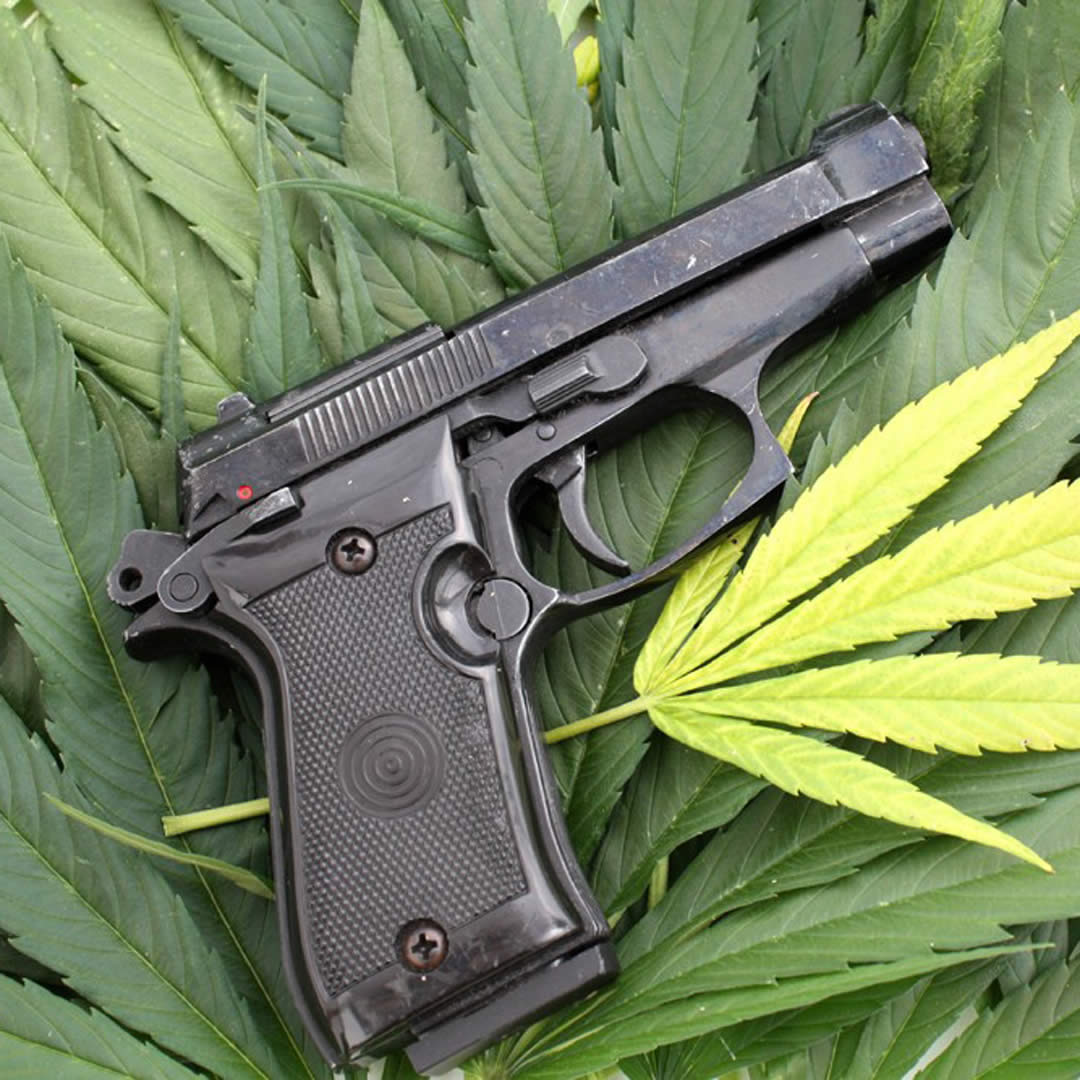
Every year, thousands of arrests are made related to marijuana sales and weapons misconduct in Arizona. The litigation surrounding these charges can be both lengthy and anxiety inducing, leading to serious penalties, including jail time if convicted. Given the seriousness of these charges, an attorney can be extremely helpful in guiding you through the details to reach a resolution of these charges.
While your attorney will take the lead in making effective arguments and communicating with the prosecutor and the court, you may find it helpful to understand a general overview of the crimes at issue.
The sale of marijuana in Arizona is prohibited and can lead to serious penalties. If you have been accused of selling marijuana, it is important to understand all aspects of the crime.
Under Arizona law, marijuana is all parts of the genus cannabis plant, whether growing or not and includes the seeds of the plant. The sale of marijuana will include any exchange of marijuana for value. The prosecutor will be responsible for proving beyond a reasonable doubt that you had the intent to sell marijuana for value. The prosecutor may look to factors such as the quantity of marijuana, any communications between the buyer and seller, and whether a weapon was used.
When the accused is charged with selling less than two pounds of marijuana, this will be designated a Class 4 felony with a penalty of a minimum of 1 year in jail, and a maximum of 3.75 years. The maximum fine for this type of sale is set at $150,000.
The penalties are scaled up depending on the quantity sold with a maximum sentence of 12.5 years in jail for more than 4 pounds sold. Multiple convictions and the use of a weapon will be considered when determining the sentence.
Defenses are justifications to the court for why the accused should not be found guilty of this crime. A common defense to marijuana sales crime is that the accused lacked the requisite intent to sell marijuana. For example, if the accused can show that nothing was transferred in exchange for the marijuana, they should not be found guilty under the law.
It should be noted that under certain circumstances, medical marijuana is not criminalized in Arizona. One must be a have a card authorizing their right to purchase marijuana for medicinal purposes.
However, this does not give the cardholder a right to sell. The only time a cardholder may lawfully provide marijuana is where the exchange is made with another authorized cardholder and the exchange is not for value.
Because use of a weapon can be a relevant factor in determining a marijuana sales case, the accused should be also be aware of potential misuse of weapons charges.
In Arizona, there are extensive provisions regulating the misuse of weapons. The major categories of misconduct include:
This list provides only some of the ways weapons can be misused in Arizona. Given the seriousness of a weapons misuse charge, it is crucial that anyone charged with such offense, contact an attorney.
The most common way in which one may be charged under the misuse of weapons statute is where someone is found to be a prohibited possessor.
Prohibited Possessor and Prohibited Weapons
A prohibited possessor can take a number of forms. The most common types of prohibited possessors are those people who fall into the following categories:
Another common way to be found guilty of misuse of weapons is by possessing a prohibited weapon. Common prohibited weapons include: bombs, grenades, rockets, suppressors or silencers, fully-automatic firearms, bursting gas bombs, and molotov cocktails, among others.
The penalty for a misuse of weapons charge can be quite serious, ranging from a Class 3 misdemeanor where the accused is under 21, to a Class 2 felony, where there is an instance of terrorism involving weapons.
The class of the felony will ultimately guide the sentencing phase. For example, a person charged with misuse of weapons because they are a prohibited possessor is subject to a Class 4 felony and can expect a minimum of 1.5 to a maximum of 3.75 years in prison.
While there are many ways in which a person can be charged with weapons misuse, there are also a number of ways to defend against such a charge. Common defenses include challenging that the person accused actually possessed the weapon, claiming that an exception to the rule applies, or arguing that the weapon that is at issue does not fall into the weapons definition under the law, among other defenses. An attorney is best suited to make these types of arguments by analyzing the facts of your specific case and determining which defenses are most applicable.
Marijuana sales and misuse of weapons crimes can lead to serious punishments, including hefty fines and long-term jail sentences.
A criminal accusation against someone can be an incredible stressor on one’s life and it is best not to be taken on alone. If you have been accused of a crime, it is best to contact an experienced attorney to represent you, navigate your case and achieve the best outcome.
back